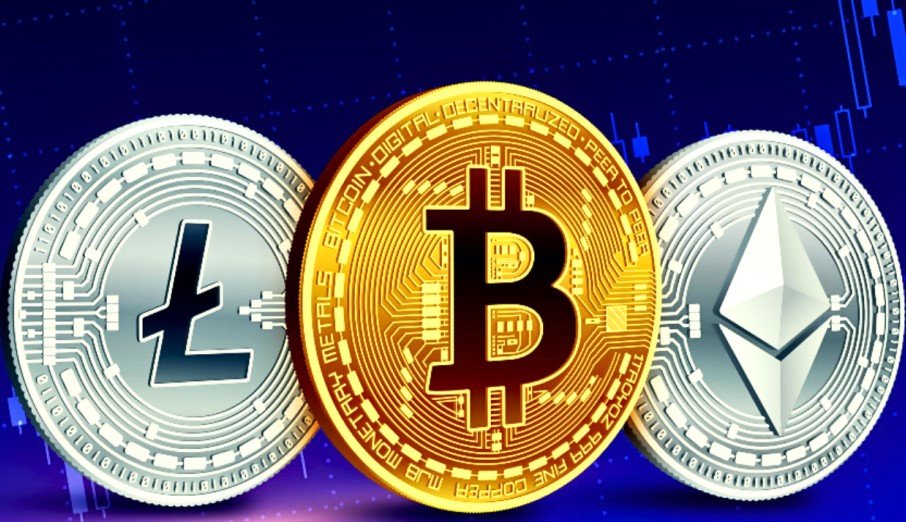South Korea’s latest deregulation plans for cryptocurrency exchanges are poised to disrupt the nation’s banking industry. Politicians and regulators are considering scrapping restrictive banking rules, a move that could shake up the country’s financial ecosystem, particularly for neobanks like K Bank.
Deregulation Plans Set to Unleash New Competition
Reports from South Korea’s Financial Post suggest that the Democratic Party, the country’s largest political faction in the National Assembly, is seriously considering a manifesto promise to abolish current banking rules for crypto exchanges. This decision could drastically change the way digital assets are handled in the country and signal the end of an era of restrictive partnerships between banks and crypto platforms.
The current regulatory framework mandates that crypto exchanges in South Korea must collaborate with a single bank. The bank provides crucial services for fiat-crypto conversions and supports a dedicated crypto wallet system tied to users’ bank accounts. This arrangement has created a very specific dynamic, with a few banks securing exclusive deals with exchanges. But now, with deregulation on the horizon, this could all change.
A Growing Rift: The End of Exclusive Deals?
The ruling People Power Party (PPP), which has already proposed several crypto-friendly changes, including easing banking restrictions, set the stage for these reforms in late April. If the Democratic Party follows suit, exchanges like Upbit—South Korea’s leading crypto platform—will no longer be locked into exclusive banking agreements. This could open the doors for exchanges to forge relationships with multiple banks, creating a more competitive environment.

For K Bank, the nation’s pioneering digital bank, this change could be a double-edged sword. K Bank’s exclusive partnership with Upbit has driven exponential growth for both entities. The deal allowed K Bank to tap into the rapidly expanding crypto market, helping the neobank grow its customer base significantly. But with deregulation, this growth model could face significant challenges.
K Bank Faces Uncertainty Amid Deregulation
K Bank has reaped the rewards of its partnership with Upbit, benefiting from the boom in South Korea’s crypto trading. Upbit, which commands a significant share of the country’s crypto market, brings in massive trading volumes. According to CoinGecko, the platform has remained a dominant force in the market over the past 12 months, with trading volumes consistently high.
But with the introduction of new rules that allow exchanges to partner with multiple banks, K Bank could lose its exclusive edge. As exchanges start to shop around for more competitive banking deals, K Bank may find it harder to retain its market share. Banks, in turn, will have to find new ways to attract crypto exchanges, potentially by offering more attractive services or fees.
A shift in how crypto exchanges interact with the banking sector could also affect other financial players, including traditional banks that have yet to carve out a niche in the crypto space. The transition to deregulation would further push South Korea’s banking industry into uncharted territory, where traditional banks may struggle to keep up with more nimble, tech-forward institutions like K Bank and other emerging neobanks.
Implications for the Broader Crypto Ecosystem
While deregulation could benefit crypto exchanges by increasing their flexibility, it could also create more volatility in the market. Increased competition among banks for crypto exchange partnerships could lead to more aggressive pricing strategies, new product offerings, and innovative services. These changes, while promising for crypto platforms, could create uncertainty for users as they navigate an evolving financial landscape.
Furthermore, there are concerns about how deregulation might affect consumer protection and market oversight. With multiple banks possibly getting involved with each exchange, the regulatory burden could become more complex. Questions about how customer funds are handled, the security of transactions, and the overall stability of the market could become more prominent.
In the coming months, South Korea’s government will have to strike a balance between encouraging innovation and maintaining market stability. Deregulation could offer more freedom for crypto exchanges, but it also raises questions about the long-term implications for the broader financial system.








